Hay Festival Querétaro 2023 – General Programme
Welcome to the Hay Festival Querétaro 2023 programme. The festival took place from 7 to 10 September, with 105 activities with 151 international guests from 20 countries, and with Hay Joven, Hay Festivalito, Hay Delegaciones and Talento Editorial events, as well as two activities in Cadereyta.
Hay Festival Querétaro 2024 will run September 5-8. Besides the general programme events -20MXN per ticket-, we have plenty of free activities at Hay Festival Joven and Hay Festival Comunitario.
University students and senior citizens may ask for 10 complimentary tickets filling this form.
In case you have any problem when buying your tickets, please contact us at tickets@havfestival.org.
Event 1
Neige Sinno in conversation with Elvira Liceaga
Teatro de la Ciudad
Read moreThe French author Neige Sinno has recently published her book Triste tigre in Spanish. This is a work that has startled the world of publishing. The book, which won the 2023 Fémina Proze, takes a precise and pitiless look at the monstrous and taboo theme of incest, which the author tackles based on her own experience, discovering it to be a crime that affects both family and society, which lives among truths and lies, and is linked to consent and the desire for power, and whose consequences are far-reaching in the lives of victims. It is also a book that speaks about the role of language and literature as safe spaces, which allow a freedom of thought. In conversation with Elvira Liceaga.
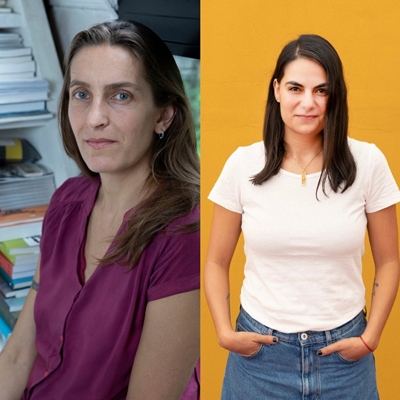
Event 2
Los buscadores de migrantes perdidos en el desierto de Sonora
Valentina Oropeza, José María Rodero and Alberto Ortega with Daniel Pardo
Cineteca Rosalío Solano
Read moreAccording to the International Organization for Migration, hundreds of migrants disappear and die each year in the Sonoran Desert between Arizona and California; this makes it the most dangerous overland migration route in the world. A brave group of people, known as the Desert Eagles, dedicate their weekends to looking for migrants lost in this hostile territory, where temperatures can reach 50ºC and dehydration is the main cause of death. Valentina Oropeza and José María Rodero, from BBC Mundo, accompany members of this team on one of their expeditions, in which they hope to rescue people before they perish, something that is not always possible. One of the members of the Eagles, Alberto Ortega, will be present. In conversation with Daniel Pardo, BBC Mundo journalist.
Duration of the documentary: 22 minutes
Co-organized with BBC Mundo
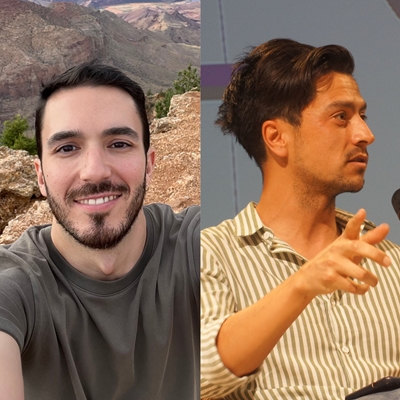
Event 3
Vasilisa Stepanenko in conversation with Daniel Pardo
Lviv Bookforum series: 20 Days in Mariupol
Teatro de la Ciudad
Read moreThe Ukrainian Vasilisa Stepanenko, in conversation with the BBC Mundo journalist Daniel Pardo, will talk about 20 Days in Mariupol, a documentary project, co-produced by her, which won an Oscar in 2024. This award-winning work offers a detailed look at the siege which the city experienced, capturing the impact on the population and the devastation caused by the conflict in eastern Ukraine. This is a valuable testimony to the impact of the war on the civilian population, and the resistance of the Ukrainian people.
Simultaneous interpretation from English to Spanish available
With the support of Open Society Foundations

Event 4
Screening of short films by Brenda Vanegas, Comfrey Films and Joel Zito Araújo
Film with a message
Cineteca Rosalío Solano
Read moreJoie Lou Shakur from Comfrey Films (United States), a production company whose goal is to empower black people who identify as transgender, gender nonconforming or intersex, offering them training and support as they launch a career in independent filmmaking; and with Joel Zito Araújo (Brazil), a Brazilian filmmaker, researcher and academic, acclaimed for his work in documentary cinema and in the representation of the Afro-descendent population of Brazil.
With the support of the Ford Foundation
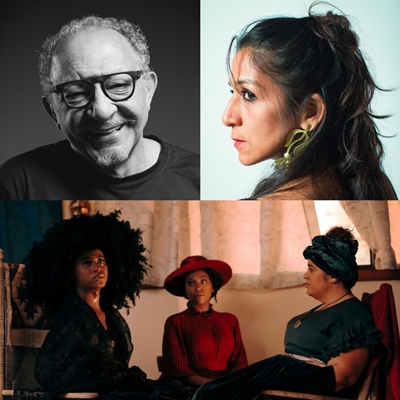
Event 5
The state of Querétaro Philharmonic Orchestra and the pianist Marcela Roggeri in concert
Hay Festival & Lviv BookForum series
Teatro de la Ciudad
Read moreWith the support of Open Society Foundations

Event 6
Mukí sopalírili aligué gawíchi nirúgame
Screening of the documentary followed by a discussion with Ángeles Cruz and Santiago Esteinou
Cineteca Rosalío Solano
Read moreOn the International Day of the Indigenous Woman, we present the documentary Mukí sopalírili aligué gawíchi nirúgame (“The Woman of Stars and Mountains”), about the heartbreaking, incredible story of the Raramuri woman Rita Patiño, from Chihuahua. Rita left her community in the Tarahumara mountains and walked all the way to Kansas, where she was interned in a psychiatric hospital against her will, since the hospital authorities were unable to determine who she was, where she came from and what language she spoke.
Directed by Santiago Esteinou
Duration: 100 min
Screening of the documentary followed by a discussion with Ángeles Cruz and Santiago Esteinou
With the support of UNESCO
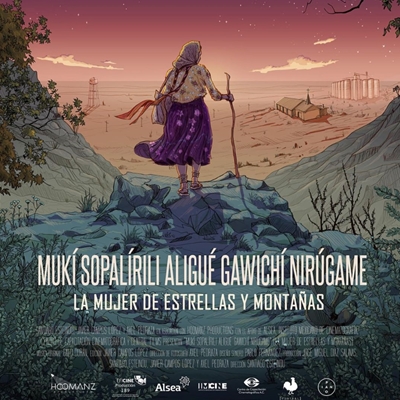
Event 7
Rosaluz Pérez Espinosa and Guiomar Rovira in conversation with Yásnaya Elena Aguilar Gil
South to south conversations: thirty years of the Zapatista movement
Teatro de la Ciudad
Read more2024 is the thirtieth anniversary of one the most important revolutionary uprisings of the last half century, one that resonated internationally and which continues to inspire emancipatory movements around the world. The Zapatista movement, with its egalitarian, community organization, its advocacy of traditional knowledge, and its impressive capacity for communication (it was one of the first resistance movements to use the Internet to publicise its ideas), offers us a living alternative to raw capitalism. At this event, Rosaluz Pérez Espinosa, who has studied at first hand the role of women in the construction of the Zapatista political project; and Guiomar Rovira (Spain), journalist, writer and author of Zapata vive, will talk to Yásnaya Elena Aguilar Gil.
With the support of Open Society Foundations and Acción Cultural Española, AC/E
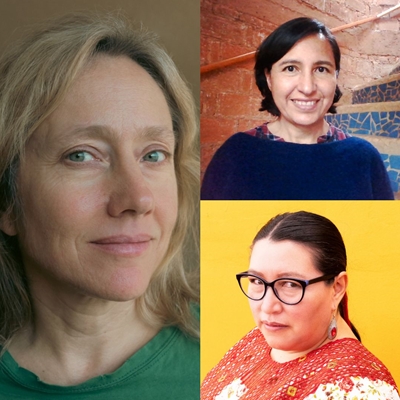
Event 8
Alberto Fuguet in conversation with Eliezer Budasoff
Cineteca Rosalío Solano
Read moreAlberto Fuguet (Chile), author, journalist and filmmaker, is an outstanding representative of the New Chilean Fiction movement of the 1990s. His new novel, Ciertos chicos, takes us back to the 1980s, and life under the Chilean dictatorship, exploring a world that challenges political structures and cultural binaries. The book, about young LGTB love, takes us into a vibrant counterculture scene, full of the music, books, fanzines and journalism that have come to represent the period, offering us a luminous counterpoint and a personal memoire from the viewpoint and experiences of the author. In conversation with Eliezer Budasoff.
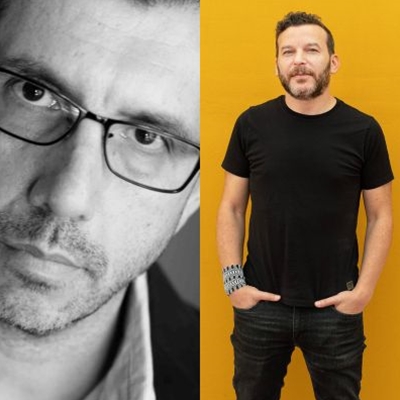
Event 9
Naief Yehya in conversation with Andrés Cota Hiriart
Planet of mushrooms
Museo de la Ciudad (espacio escénico)
Read moreNaief Yehya (Mexico) is an industrial engineer, fiction writer, essayist and cultural critic. The author a various novels and works of non-fiction, his work has been translated into Italian, English, Arabic and French. He contributes regularly to the Mexican newspaper La Razón. El planeta de los hongos is a cultural and social history of mushrooms, particularly hallucinogenics, and LSD. His approach is not only scientific, but also based on experience and literary non-fiction. Not quite a manual for consumption or a guide for collectors, this is an exploration of the relationship between “magic” mushrooms and humanity, and their potential to open the mind. In conversation with the academic, podcaster and writer Andrés Cota Hiriart.

Event 10
Leila Guerriero in conversation with Jan Martínez Ahrens
El País event
Teatro de la Ciudad
Read moreThe writer and journalist Leila Guerriero (Argentina), presents her latest book, La llamada, a work of fiction that knits together a series of interviews with Silvia Labayru, the Argentinean member of the Montoneros guerrilla group who, in 1976, was abducted, tortured and raped at the notorious Escuela de Mecánica la Armada, to which thousands of people were taken and killed, and from where she makes it out alive. Guerriero started interviewing Labayru in 2021, while awaiting the sentence of the first trial for sexual violence committed against abducted women during the dictatorship, at which Labayru was an accuser. In conversation with Jan Martínez Ahrens.
Event co-organized with El País
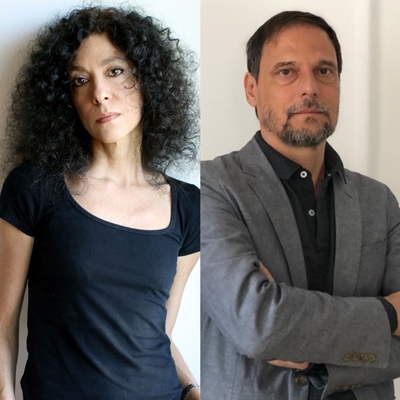
Event 11
Nimmi Gowrinathan in conversation with Valentina Oropeza
South to south
Cineteca Rosalío Solano
Read moreNimmi Gowrinathan (Sri Lanka/United States) is a thinker, academic and activist, and author of Radicalizing Her. Why Women Choose Violence, a fascinating study of women active in guerrilla movements, including the FARC (Colombia), the Tamil Tigers (Sri Lanka), the Syrians who have fought against the Asad government, the EZLN in Mexico and the PLO in Palestine. The book dismantles beliefs about gender and analyses the many reasons that lead these women to armed struggle. Gowrinathwan is a professor at City College in New York, where she has founded the Politics of Sexual Violence initiative, and works regularly with media outlets such as CNN, MSNBC, Al Jazeera and the BBC. In conversation with the BBC Mundo journalist, Valentina Oropeza.
Simultaneous interpretation from English to Spanish available
With the support of Open Society Foundations
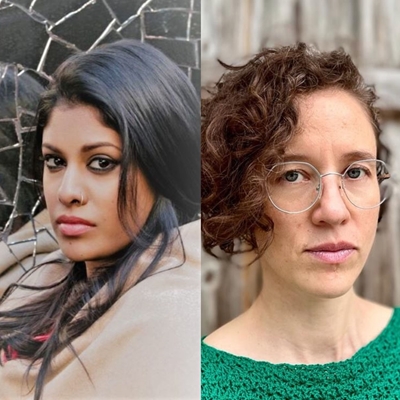
Event 12
Petina Gappah, Garry Gottfriedson and Josefa Sánchez with Mikel Ruiz
South to south conversations: narratives in plural
Museo de la Ciudad (espacio escénico)
Read moreThree festival guests offer space to non-hegemonic narratives through their artistic and intellectual work, and ask why these ways of seeing the world can be the path to a better future as societies. With Pettina Gappah (Zimbabwe), Garry Gottfriedson (Canada) and Josefa Sánchez Contreras (Mexico), in conversation with the writer Mikel Ruiz (Mexico).
Simultaneous interpretation from English to Spanish availableWith the support of Open Society Foundations and Blue Metropolis
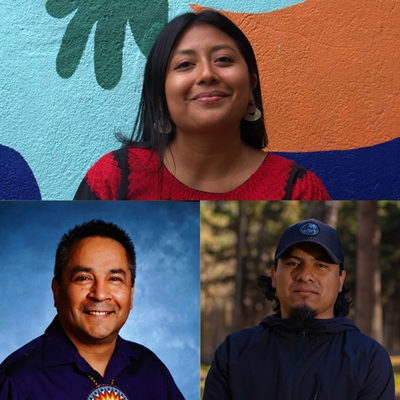
Event 13
Lila Downs in conversation with Eliezer Budasoff and Silvia Viñas
El Hilo en Directo podcast
Teatro de la Ciudad
Read moreThe Latin American current affairs podcast El Hilo en Directo, produced by Radio Ambulante Estudios, brings a live episode with the Mexican-American composer and artist Lila Downs, winner of six Grammys and whose songs form part of the living culture of Mexico and Latin America, and who has worked with artists including Totó La Momposina, Niña Pastori, Celso Piña and Kevin Johansen. This is a very special episode of El Hilo, and on this occasion the public can attend in person. Lila will be n conversation with Eliezer Budasoff and Silvia Viñas.
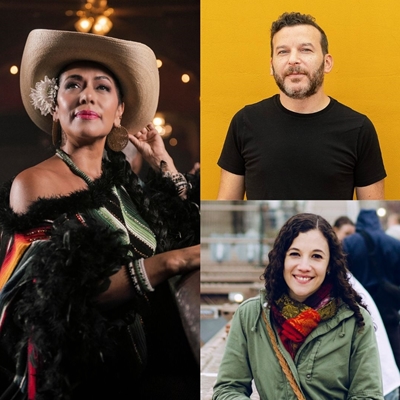
Event 14
Screening of 'Somos el barrio' documentary film
Cineteca Rosalío Solano
Read moreMenchaca, Mujeres Independientes, and San José El Alto, in the Delegación de Epigmenio González, are neighborhoods in the Municipio de Querétaro that shelter the life stories of four young people from there. This documentary delves into the reality of José María González Flores Chema, from the gang Los PQ’s (Los Pequeños) de SanJo, a rapper and ex-convict; David Miranda Hernández DMH, leader of the DH (Dejando Historia) gang; Everardo Mata Paredes, tattoo artist and artist belonging to ILCK (Ilícitos Criminales), known as Peluzín; and Abigail León Pérez La Macho, from the gang LPRM (La Princi Rompiendo Madres), who has been away from her parents since she was 15 and dreams of turning her screen-printing talent into a way of life. Let’s look through the window and learn what moves and what stops the neighborhood, the street, and those who live there.
A production of the Municipio de Querétaro. Director: Omar González Bustos. Original idea: Dante Aguilar. Executive production: Municipio de Querétaro, Dante Aguilar. Producer: Martha Zamora.
Duration: 120 min
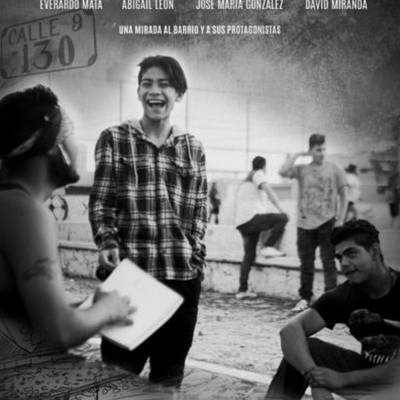
Event 15
Raúl Zurita in conversation with Jan Martínez Ahrens
Teatro de la Ciudad
Read moreRaúl Zurita (Chile) is one of Latin America's most celebrated poets. He suffered during the repression of the Pinochet dictatorship and in 1979 founded, together with other artists, the Acciones de Arte collective, which undertook grassroots public art actions against the dictatorship, and in 1993, using excavators, wrote the words "NI PENA NI MIEDO" (“NO REGRET NO FEAR”) in the Atacama Desert. Zurita has received Guggenheim and DAAD (Germany) fellowships, and awards including the 2000 Chilean National Literature Prize, the 2016 Pablo Neruda Ibero-American Prize, and the 2020 Reina Sofía Ibero-American Poetry Prize. He will talk to Jan Martínez Ahrens, the Director of El País América, and the event will conclude with a poetry reading.
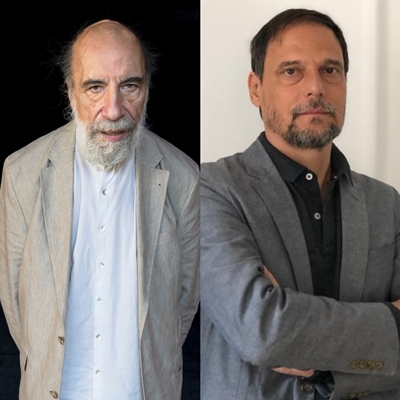
Event 16
Angela Saini in conversation with Javier García del Moral
Cineteca Rosalío Solano
Read moreAngela Saini is a British scientific journalist and radio presenter, as well as a writer whose work has been acclaimed and translated into 14 languages. Her penultimate book, Superior: The Return of Race Science, was shortlisted for the Los Angeles Times Book Prize and named Book of the Year by Nature, the Financial Times and the NPR programme Science Friday. On this occasion she presents The Patriarchs, an audacious, radical book that unearths the roots and history of how this system of domination arose for the first time in societies and spread around the world, from the prehistory to the present. Saini offers a hopeful narrative bringing to bear the many possible human agreements that question the old stories of inevitable male supremacy, and reveals that it is an element that is constantly changing within systems of control. In conversation with Javier García del Moral.
Simultaneous interpretation from English to Spanish available
With the support of the British Council

Event 17
Anthony Passeron in conversation with Gabriela Jauregui
Museo de la Ciudad (espacio escénico)
Read moreThe writer Anthony Passeron (France) will talk to the writer Gabriela Jauregui about Les enfants endormis, a book about the heroine and HIV epidemic in France, which links up the personal history of the author and his family, with the story of scientific advances, achieved working against the clock to control the virus. This moving book has been received in France as one of the best debuts of the year. Les enfants endormis has won a number of major awards, including the Prix Wepler-Fondation La Post and the Prix Première Plume. Passeron teaches Humanities, History and Geography at a higher education institute.
Simultaneous interpretation from French to Spanish available
With the support of the French Embassy in Mexico
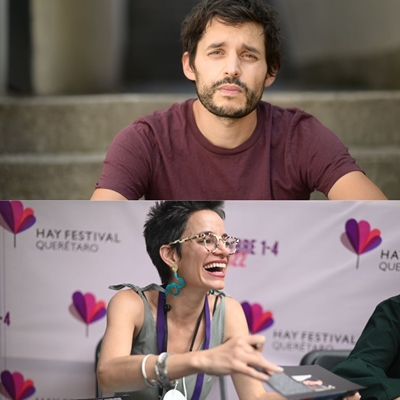
Event 18
Emiliano Monge in conversation with Javier Lafuente
Teatro de la Ciudad
Read moreEmiliano Monge (Mexico, 1978), formerly a lecturer in Politics at the National Autonomous University of Mexico, is a publisher and journalist. He debuted as an author with Arrastrar esa sombra (2018), shortlisted for the Antonin Artaud Prize. He has won a number of other awards, including the 28th Jaen Novel Prize and the 5th Otras Voces, Otros Ámbitos Prize, for El cielo árido (2012); and the Elena Poniatowska Prize for his novel Las tierras arrasadas (2015). He was also recognised in the book México20 and the Bogotá39 list (2017) as one of the best writers aged under 40 in Mexico and Latin America. His new book, Los vivos, tells the story of Hincapié and Vestigia, a couple in crisis, devastated by terrible experiences that bring on a fear of losing each other, and problems of lack of communication. In a working environment characterised by migration and constant disappearances, Vestigia seeks answers by interacting with other characters who shed light on the vacuum left by the disappeared, and the profound impact on those who wait for them. The book finds new perspectives on presence, absence and reappearance, not only physical aspects, but also ones related to language, feelings and the past. Emiliano will be in conversation with Javier Lafuente.

Event 19
César Rendueles in conversation with Eduardo Rabasa
The utopia of the commons
Cineteca Rosalío Solano
Read moreThe Spanish sociologist and writer César Rendueles, a CSIC scientist and outstanding thinker, known for his many cultural projects and essays such as Sociofobia (2013), Capitalismo canalla (2015) and Contra la igualdad de oportunidades (2020), presents Comuntopía. Comunes, postcapitalismo y transición ecosocial (2023). This book proposes a global “politics of the commons” as a crucial opportunity for the social forces that advocate democratic, progressive and emancipatory strategies in the context of the new post-capitalism; framed in a context of ecological, political and technological emergencies. This is where the struggle for our "common goods" happens. In conversation with Eduardo Rabasa.
With Mexican sign language interpretation
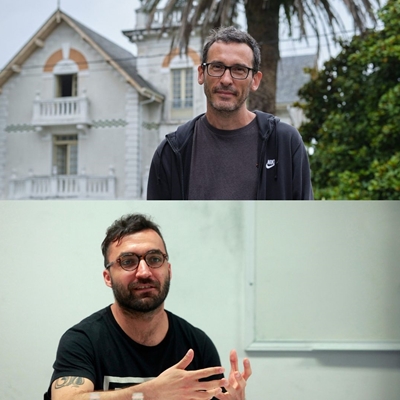
Event 20
Mohamed el Morabet and Ana Sofía González in conversation with Diana González
Museo de la Ciudad (espacio escénico)
Read moreTwo writers from each side of the Atlantic will talk to the journalist Diana González. With Mohamed el Morabet (Morocco), who in El invierno de los jilgueros, his second novel, tells the story of Brahim, a man wounded by death, illness and war. And with Ana Sofía González (Mexico), an architect and teacher who presents her literary debut, No matarás, a novel about violence in the domestic sphere and class tensions, with complex women characters who are looking to escape from extreme situations.
With the support of Acción Cultural Española, AC/E
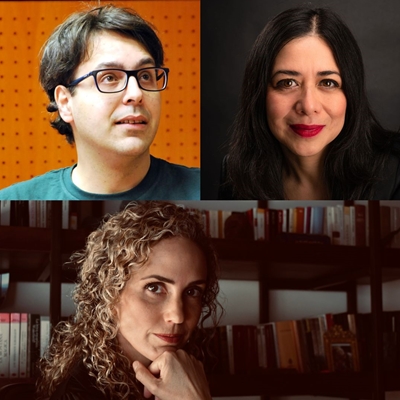
Principal Sponsor
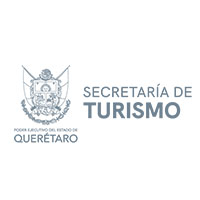

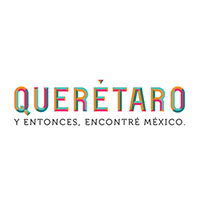
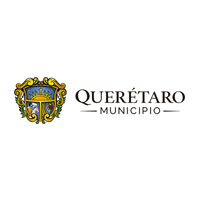
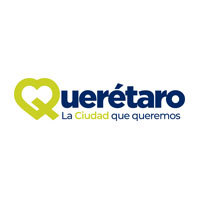
Partner for Latin America

